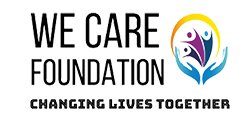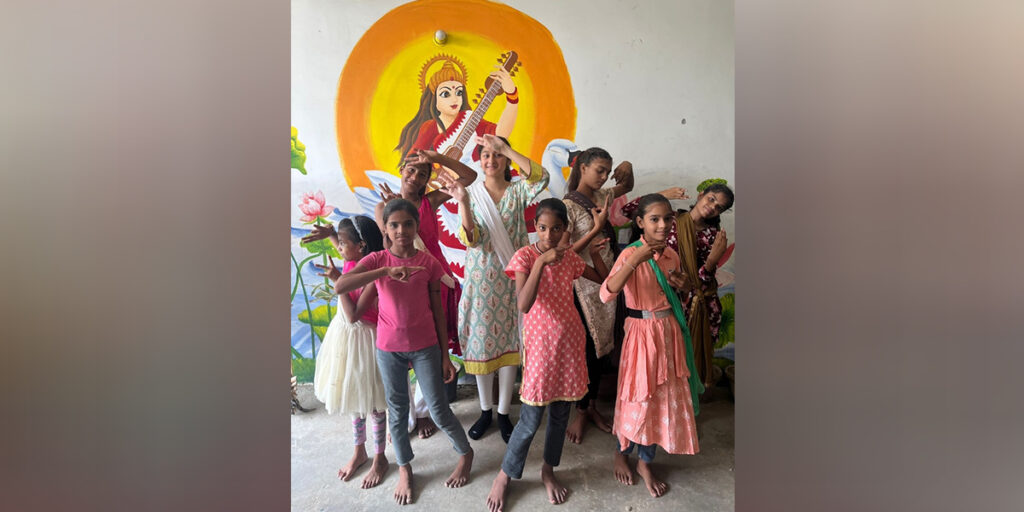Importance of Education for Girls
Education is an important human right that drives economic and social advancement. Gender inequality in education is still a major problem despite advancements, especially in disadvantaged areas. Empowering girls via education not only ensures equality but also promotes equitable progress and breaks the cycle of poverty as well as prejudices.
Education is a transformational instrument, particularly in disadvantaged places where it has the potential to address social imbalances and break chains of poverty. For females, education is not just a method of acquiring knowledge but also of attaining gender equality. According to the World Bank, educating females has a positive ripple impact on whole communities, including lower child mortality rates, better economic results, and more involvement in decision-making processes.
The gender gap in education still exists in India, particularly in rural regions where many girls are prevented from attending school by social norms, early marriages, and limited infrastructure. According to the 2011 Census, women’s literacy is just 65.46%, whereas men’s is 82.14%. In order to create a society that is more egalitarian, this gap must be closed.
Overcoming Gender Disparities through Education
Education provides females the skills they need to fight preconceptions and break down obstacles. Think about a girl from a low-income family who is able to attend school due to to a social initiative. She may at first find it difficult to live up to social expectations, but she eventually gains the self-assurance and abilities necessary to succeed academically and even provide for her family. These examples show how education has the power to improve people’s lives and communities.
Government efforts such as “Beti Bachao, Beti Padhao” have considerably increased awareness of the significance of girls’ education. However, focused efforts and community-driven initiatives are still required to guarantee that every girl has access to education.
 We Care Foundation’s Impact
We Care Foundation’s Impact
Organizations such as the We Care Foundation play an important role in narrowing the gender education gap. By offering educational materials and access to vocational training, we ensure that girls not only successfully attend school but also prosper in their personal and academic lives. For example, a skill-building session provided by the foundation may teach a female computer literacy, which could subsequently help her find a job in a tech-related profession. In addition to increasing her financial autonomy, this also strengthens her family’s financial standing.
Giving Women the Power to Influence Society
Educating females has a positive impact on communities, families, and the country as a whole. Women who acquire an education are more likely to enter the workforce, contribute to the economy, and push for cultural changes. According to studies, enhanced educational possibilities for women are closely related to stronger GDP growth and better social indicators (LSE, 2020). Furthermore, education boosts women’s self-esteem and leadership abilities, allowing them to be active change makers.
Conclusion
Advancing gender equality requires a strategic approach to education, particularly for underprivileged girls. Organisations like We Care Foundation empower them, paving the way for a more inclusive world. Collective action, government policies, community involvement, and individual contributions are essential for a more equitable future.


